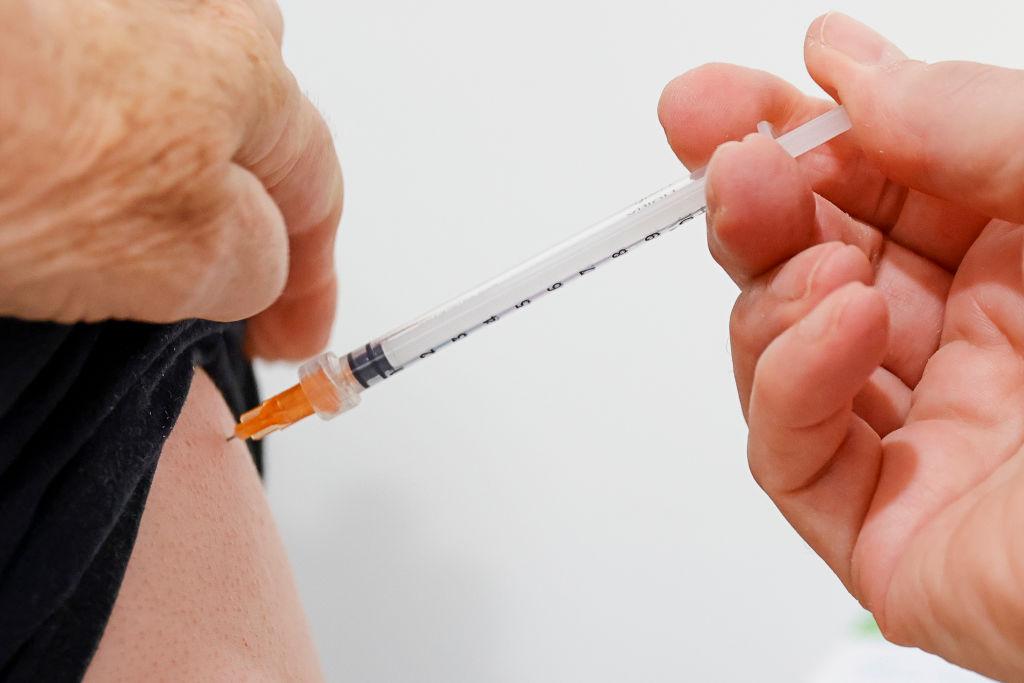Australian researchers who studied a 20-year-old man with symptoms of myocarditis after his second Pfizer COVID-19 jab have argued that mRNA vaccines are still “overwhelmingly favourable” for all eligible age and sex groups. This is despite the country’s medicines regulator noting that myocarditis and pericarditis rates were increasing each week as vaccination rates rise.
The research team, led by Joshua Wong from the Royal Melbourne Hospital, examined a patient who presented to the hospital with chest pain, fever, and sweats after his second dose of the Pfizer vaccine.





